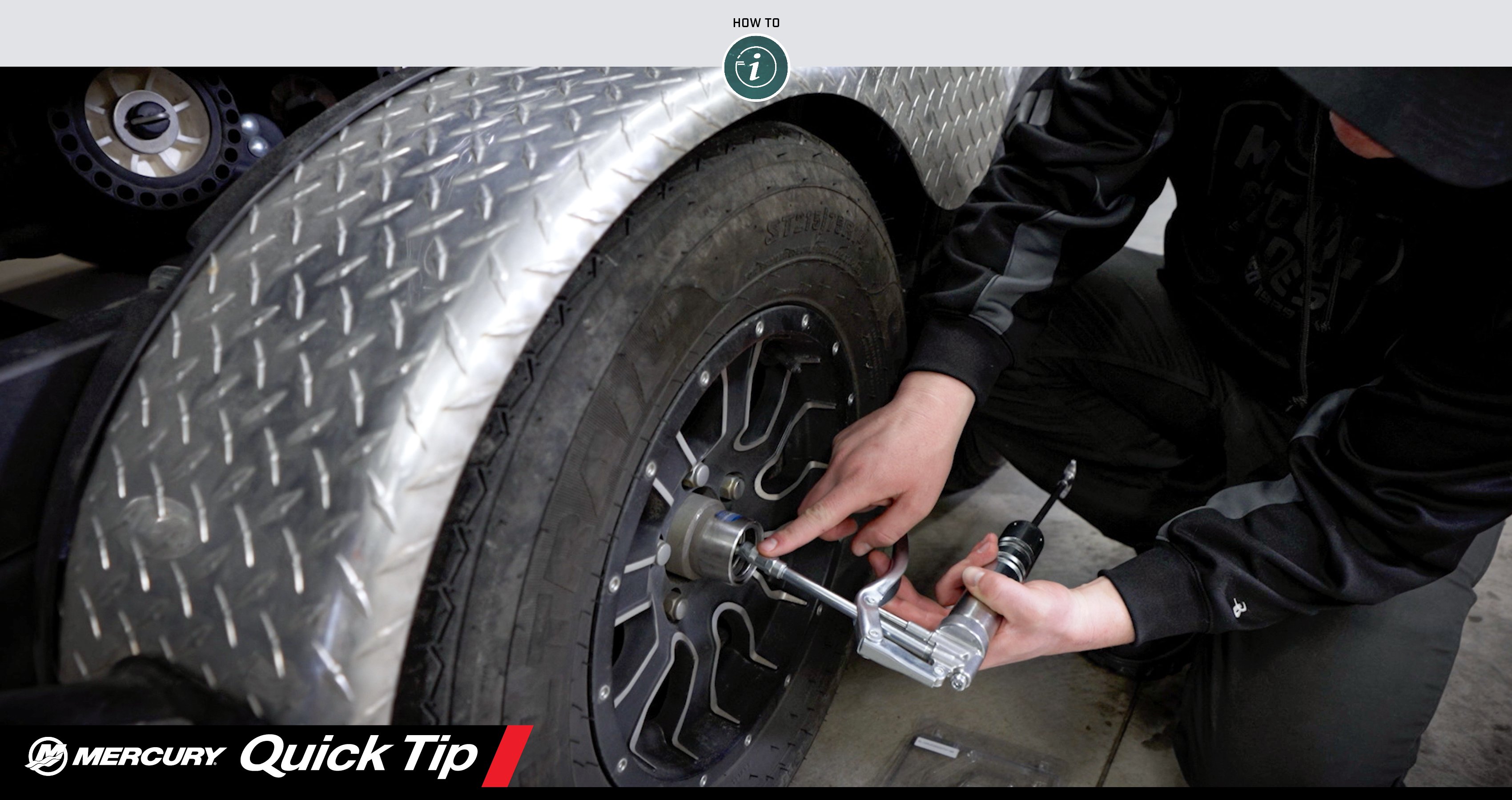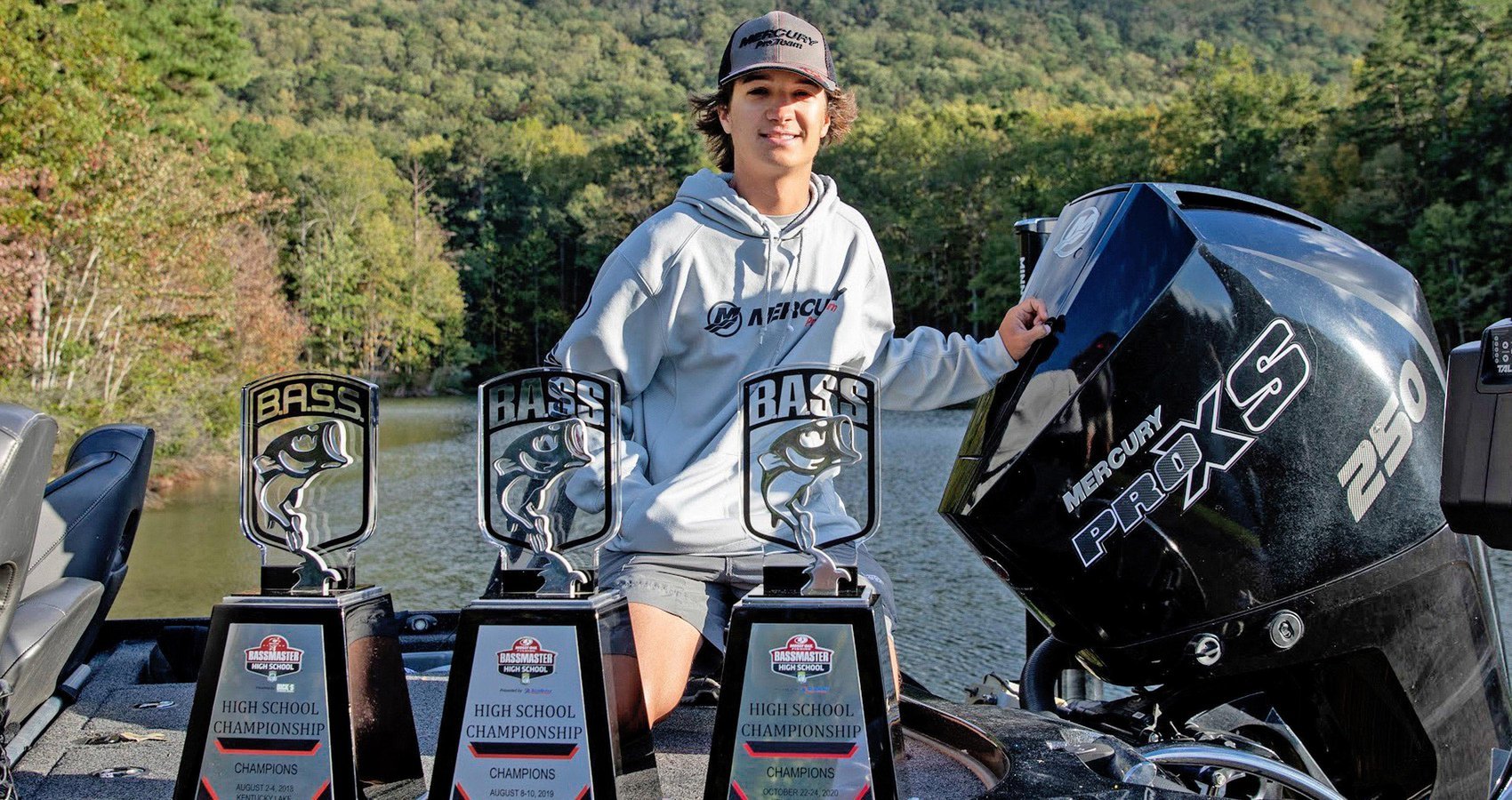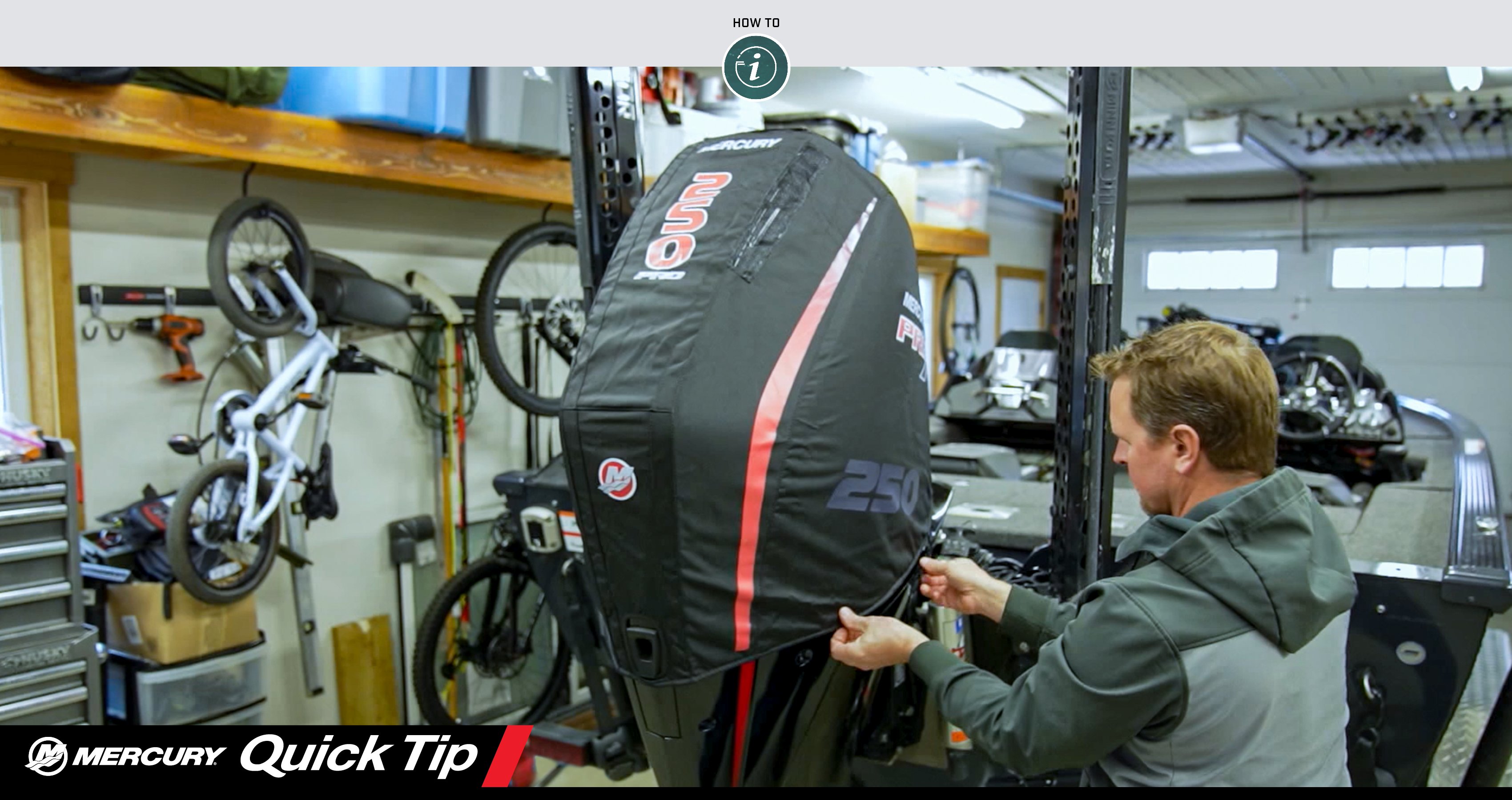The waters of the Pacific Northwest are no joke. And if you’re going to brave the big, cold, rough waters that are typical of the region, you’d better be partnered with a dealership that knows what the local environment demands of boats and engines.
Stevens Marine is headquartered in the Portland, Oregon, metro area, just south of the storied Columbia River and 100 miles east of the Pacific Ocean. The dealership opened its doors in 1971 as an outboard service shop and started repowering boats with Mercury outboards just a few months later. Today, Stevens Marine has two locations, the second in Tigard, Oregon, and is one of the largest Mercury dealers in the nation.
Of course, success like that doesn’t happen by accident, and Vice President Brad Engel ensures that the dealership continues to provide the outstanding service and unmatched customer satisfaction that have allowed Stevens Marine to flourish over the past half-century. Stevens Marine supports its customers with a bevy of experienced rigging specialists.
According to Engel, “If someone makes a commitment to an engine, we can generally rig it pretty quickly with one of the nine qualified riggers we have.”
More often than not, Engel’s customers aren’t looking to replace their boats. That’s because so many anglers in the Northwest operate the kind of heavy-duty, highly durable aluminum boats that the region is known for. Happy with their boats, these owners are typically looking to replace their 75 to 150hp outboards that are starting to show their age.
Some of the repowers Stevens does are simple outboard swaps, with little to no upgrades or repairs to the boat and rigging components, but others are a bit more in-depth.
“If it's anything more than about 10 or 12 years old, we will encourage them to replace throttle and shift controls because they're going to be warranted along with the new engine,” said Engel, referring to the Mercury Precision Rigging Program, which matches the warranty on Mercury controls and rigging products used during the installation to the three-year warranty on the engine. “When they use their old controls and cables, of course they're going to have their engine warranty, but it's not going to extend up to the helm. If they really want ultimate reliability, we get them to replace the wire harness, ignition, throttle and shift control cables, etc., so they really have the best possible experience.”
Stevens Marine strives to build long-term relationships with its customers. Couple that with the dealership’s repower expertise and it creates the opportunity for a scenario that’s quite uncommon for most dealerships: a phased approach to a new rig.
“It’s not unusual for someone to come in shopping for a new boat and then decide to repower the boat they have to keep costs down,” Engel said. “Then in a few years they’ll come in and ‘reboat’ their power: They’ll buy a new boat and have us put their engine on it.
“Then a little later they’ll come back and get a new trailer, or maybe upgrade their electronics.”
Stevens Marine does accept engines on trade and will give the customer an estimated trade-in value right up front. Once the customer’s boat arrives, the technician will make a thorough assessment of the outboard’s condition and the value will be adjusted accordingly. Even when the repower is just a basic engine swap, the technician also does a detailed courtesy inspection to the vessel to ensure the lights work, the bilge pump is operational and there are no other issues present. That way the customer can have the option of getting such items corrected while the boat is still in the shop and lessen the possibility of another service event later.
The customers Stevens Marine supports typically run boats ranging from small freshwater vessels to heavy-duty charter boats, but they all value the exacting standards and customer-focused approach that the dealership brings to the table.
Andy Martin
Brookings Fishing Charters, Brookings, Oregon
There are people who say they live on the water, and then there are people who really spend their lives on the water. Andy Martin and his team are definitely part of the latter category.
Martin is the owner of Brookings Fishing Charters out of Brookings, Oregon. He operates a charter business with a half-dozen boats: rugged, offshore outboard-powered aluminum fishing boats with enclosed cabins, made for big water and tough weather. Each boat runs approximately 150 charters per year in the coastal and offshore waters off the southern Oregon coast, chasing salmon, albacore tuna, lingcod and rockfish, among other species.
Each boat sports a pair of Mercury 150hp FourStroke outboards, which are typically swapped out for new ones every two years. That may sound excessive, but there is sound logic behind the plan.
“I used to run a charter company in Alaska for somebody else, and their philosophy was to run them ‘til they break,” Martin said. “They ran another brand of engines, and when they did break it would be in the middle of the season and we’d be losing charters while we were trying to get them fixed or replaced. And getting a new motor in the Alaskan bush takes a long time.
“I decided I wasn’t going to let that happen. I don’t like the downtime, and the lost trips and the cost of replacing a motor can be devastating to a small charter business.”
So when Martin started his own charter business in Oregon, he devised a different plan: proactively swap out the outboards every two years at about the 600- to 700-hour mark to ensure uptime and reliability.
“We repower our boats while the motors are still running perfectly, and that makes sense to us,” he said. “We change them out while the engines still have good value because the dealership always has customers who want high-quality used motors. And this lets us always run new stuff on our boats for the best reliability and for the safety of our customers.
“We’ve penciled it out and it’s cheaper to make that investment while our engines still have substantial value; it’s much more cost-effective than having to buy a new set of motors after you’ve had a failure.”
Though Brookings is about 300 miles from Portland, Martin works with Stevens Marine because of its expertise and the way the dealership takes care of its charter customers. Martin said that when he does have an issue, he can trailer the boat to Stevens where it will usually be fixed the next day.
As you might imagine, Martin and his crew are fastidious about maintenance and upkeep of their boats. Running the exact same engines on all six boats helps simplify the maintenance procedures and the stocking of service parts. Brookings Fishing Charters takes commonality a step further than most: Even though the engines are running in pairs, all of its engines have standard rotation, right-hand gearcases so that any of the company’s engines, gearcases or propellers can easily be used on any of the boats.
“We’ve been using the Mercury 150s exclusively for almost 10 years now, and we’ve basically had zero issues with them,” Martin said. “We could probably get a lot more hours out of them, but we don’t want to risk having the downtime.
“And up here where the weather can change really fast, we need reliable motors that start every time you turn the key so you know that you can get back to the dock safely every time.”
Gary Wienholz
1988 Cabo Cuddycon 216
Any good craftsman will tell you, if you buy top-quality tools and take care of them, they’ll last you a lifetime.
Rarely do you hear this said about boats, but Gary Wienholz and his 1988 Cabo Cuddycon 216 are living proof that it’s not just an old folk tale.
Wienholz bought his beloved battle wagon in California in 1989 as a demo, and over the past 32 years he’s put thousands of hours on the hull – sometimes more than 200 hours per year – in pursuit of all manner of saltwater fish off the coasts of California and Oregon, where he now makes his home. Not long ago, he repowered with a Mercury 150hp FourStroke outboard, the third main engine he’s had on the boat. His previous engine was a 200hp from another manufacturer. Wienholz had had good luck with the engine, but it had 1,300 hours on it, and it was starting to show its age. Trading in the boat, however, never crossed his mind.
“It’s a special boat – a lifetime-built boat,” he said. “It’s probably the most solid fiberglass boat for its size ever built. When I cut a hole in the bottom of that thing for a through-hull transducer, it was over an inch thick and all hand-laid glass.”
Wienholz’s decision to go with the Mercury 150hp FourStroke outboard was not made lightly. Though he’s been retired for quite some time, he has a background as a marine technician, and he did plenty of research before pulling the trigger.
“I read the Hull Truth Boating Forum, and saw a lot of very good testimonials on the Mercury 150s. That was one of the main factors in my decision,” he said. “The 200 I had on it before was almost too much power at times for the ocean; that can get you into trouble. Everything I read said that the Mercury 150 would be a good fit for my boat.”
And though he’s still getting the feel for the new engine – and taking his time to break it in right – he’s been more than happy with the purchase so far.
“It’s my first four-stroke, and it's got incredible low-end push. It seems like an incredible engine,” he said. “And I love the maintenance features of it; being a mechanic, I really appreciate that. I went from a 200 to a 150 and only lost 4 mph of top speed. I’m still getting 35 knots, and it still just hops right up on plane.
"I'm looking forward to putting some trips on it this summer."




